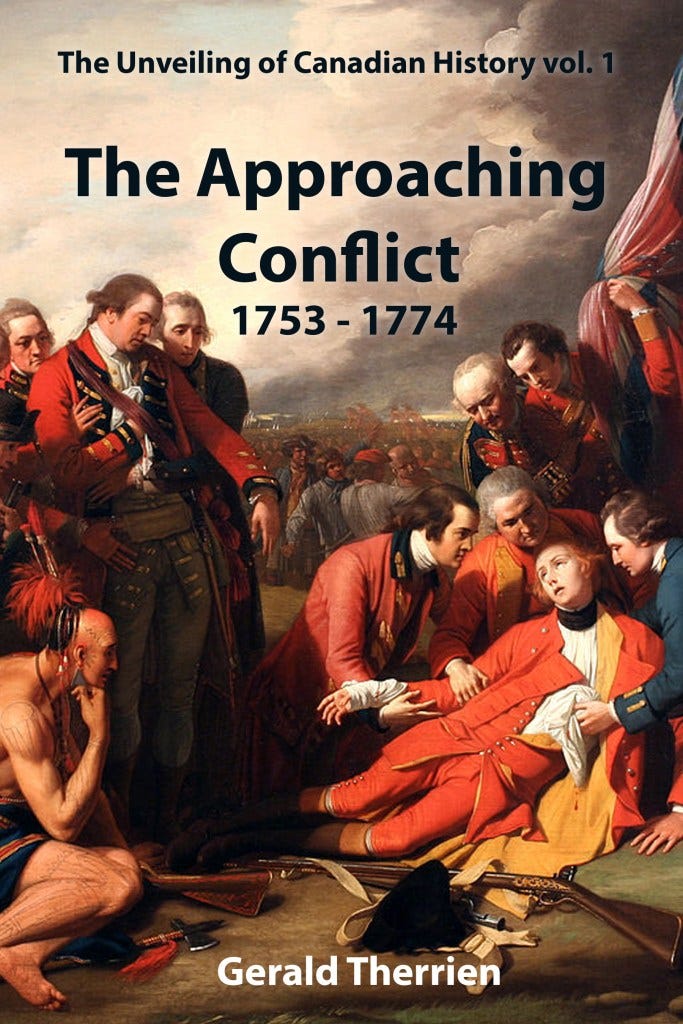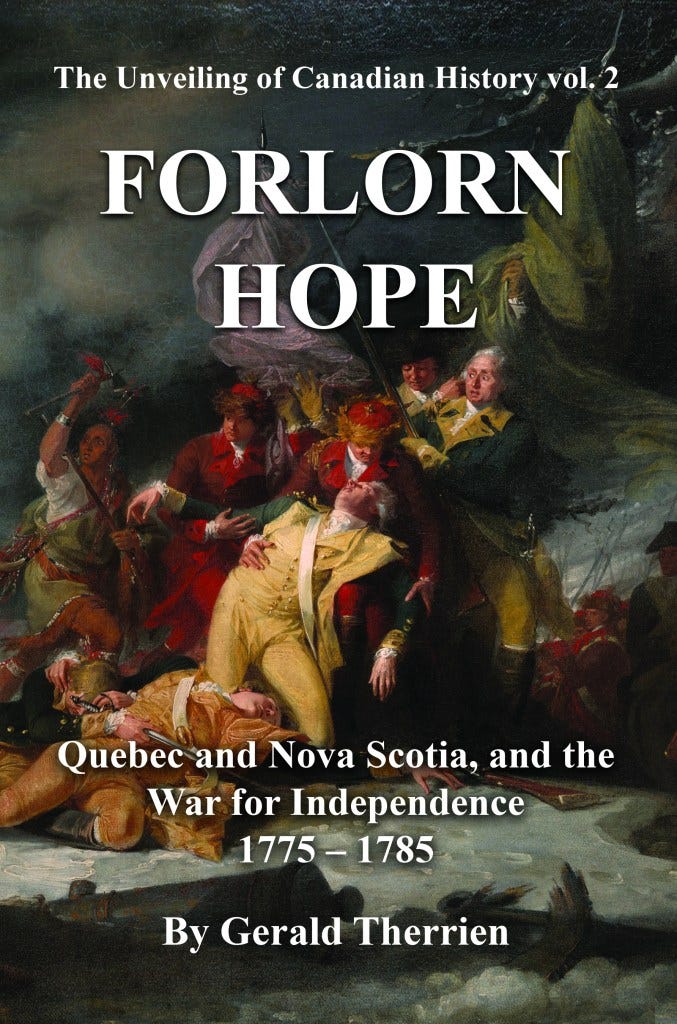Far too many historians have attempted to construct narratives of North American history from artificially narrow filters and assumptions which deny the objective reality of an oligarchy, or the principled conflict emanating from opposing ideas of Man, God and Law which have shaped world history for millennia.
From ancient history through the collapse of Rome to the emergence of the European Renaissance, this conflict saw humankind defined on the one hand as a species organized by bestial laws of the Jungle under a master-slave form of government versus a positive concept which asserted a more dignified nature. This second view asserted as self-evident that inalienable rights existed within all people regardless of race, class or creed and were defended by the likes of the great Plato, Cicero, St. Augustine, Dante Alighieri, Nicholas of Cusa and Erasmus (to name a few) while the former imperial view was represented by the likes of Aristotle and his ideological heirs throughout the ages.
When it became evident that the seeds of renaissance humanism could find no fertile soil in the poisoned culture of Europe, leading statesmen, scientists and artists such as Gottfried Leibniz, Robert Harley, Jonathan Swift, John Winthrop, Cotton Mather and others brought their focus to the New World as a domain far enough removed from the influences of oligarchism wherein those seeds of republican reform might spring forth. Figures too often painted in either one dimensional light, or all together scrubbed out of popular history played a pivotal role in bringing the fight for a continental republic from the period of the 30 Years War in Europe throughout the 18th century.
It is from the vantage point of this historical process that modern historians may become equipped to tear through those popular though misguided attempts to build narratives of North America founded upon merely “nationalistic” filters. The process that came to be known as “the American Revolution” was so much more than a revolution of 13 colonies, but involves a sweep of thousands of years of pre-revolutionary history and an international array of players to understand its relevance, causes and effects.
In my sincerest opinion, the author of this present volume of history accomplished this task in an honest and humble fashion which has both contributed new and valuable groundwork for a reconstruction of North American history founded upon firmer principles than have been hitherto available, and set in writing for posterity many unifying causes that string together the dynamics which one must understand during the two lively decades prior to 1776. In this first volume of a new series, we are introduced to the early days of the Seven Years War and follow international developments through to the emergence of the first days of the Continental Congress.
Due to the character of this important work by Canadian historian Gerald Therrien as continuation of the tapestry of discoveries published in How the Nation Was Won: America’s Untold Story (1630-1754), the editors of the Canadian Patriot recommend that readers of the following series become familiar with the thesis laid out by Graham Lowry in the aforementioned book in order to take the most out of the scholarly work featured below by Mr. Therrien.
-Matthew Ehret, Editor-in-Chief, Canadian Patriot Review
Purchase volume 1 and 2 of Gerald Therrien’s Unveiling of Canadian History Series now available as PDFs and Paperback (on Amazon) by following the links below:
Click here to purchase ‘The Unveiling of Canadian History vol. 1: The Approaching Conflict (1753-1774) in Paperback
Buy the PDF on Gumroad
Click here to purchase The Unveiling of Canadian History vol. 2: Forlorn Hope (Quebec and Nova Scotia and the War for Independence 1775-1785)
(IF YOU ARE HAVING TROUBLE ACQUIRING THE PDFS, WRITE TO CANADIANPATRIOT1776@TUTANOTA.COM)






I will look at the reviews on Amz first. On occasion the views and cultures of the First Nations are not treated in a balanced fashion. I may return here.
Aha. I see these are not your first works on Canada. One of the earlier deals with "[In defence of] Manifest Destiny". You may wish to refute my supposition that the First Nations play the part of the scenic background, if that, in your treatments, and I'll be happy to hear your reasoning.
I have more than passing interest in the aboriginals of Siberia and the Americas, and cannot allow their treatment by the Noble European to pass without a word of concern. That's all.
Thank you